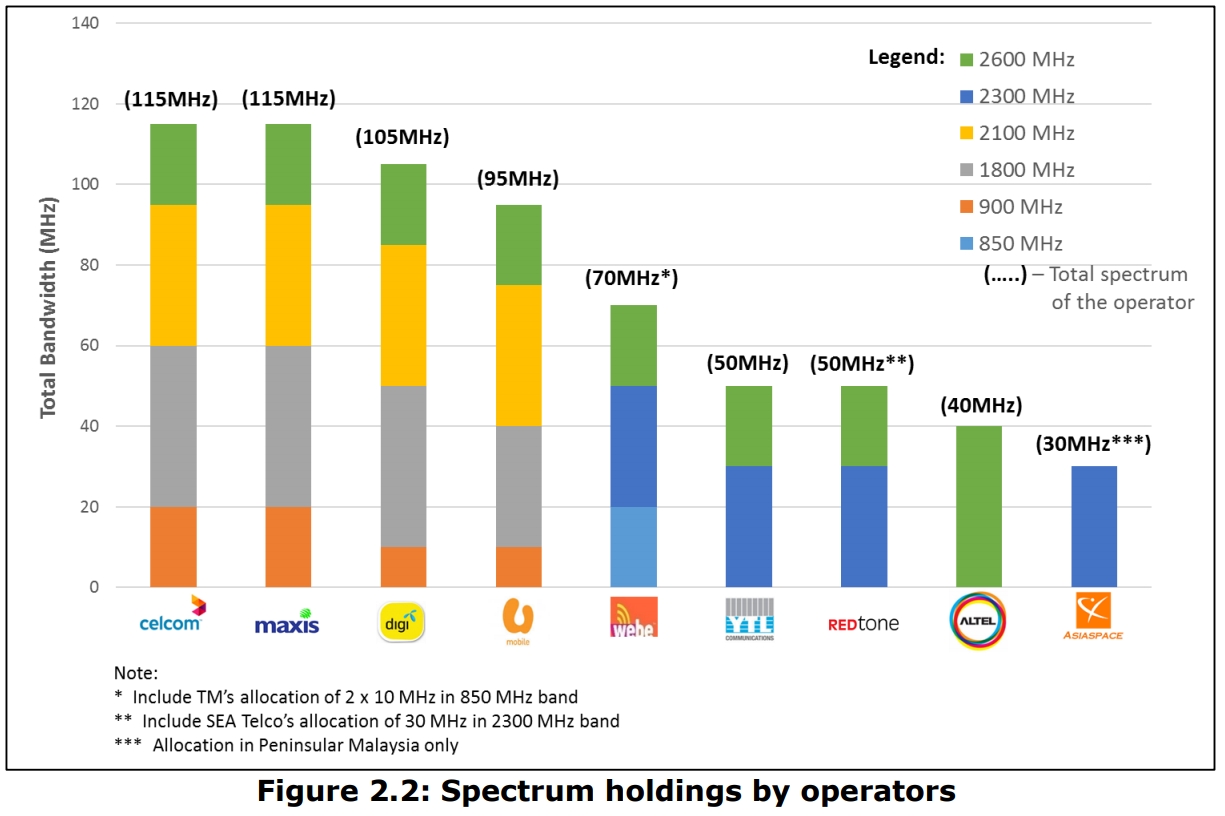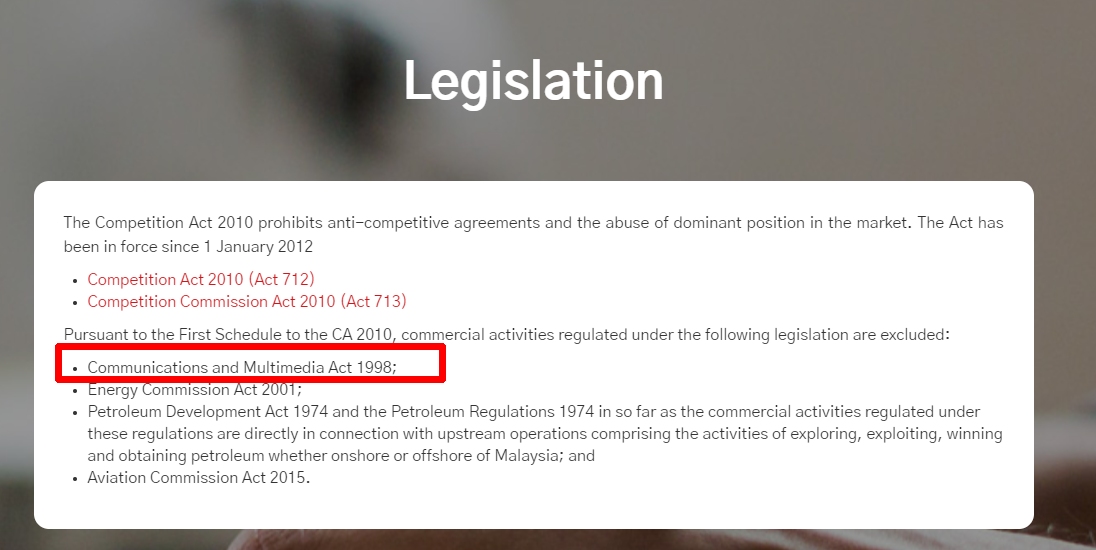Following the recent announcement that Celcom and Digi will be merged under a new entity called Celcom Digi Berhad, there are public concerns that the move could lead to a monopoly with fewer competition in the market. In a statement released to Free Malaysia Today (FMT), the Malaysian Communications and Multimedia Commission (MCMC) has assured that it has tools in place to prevent monopolies.
It was reported that the MCMC as a regulator would not be commenting on the proposed merger until there’s better clarity on the deal. It said that the existing regulatory framework has the right tools to prevent monopolies and to ensure that consumer rights are protected.
Under the proposed merger, Axiata has announced that both Celcom and Digi brands will be retained, and will operate as is. This means consumers can still continue with their preferred telco plans under Celcom and Digi.
Both Telenor and Axiata will own a 33.1% stake each in the new merged entity, while the remaining shares will be held by EPF, PNB, KWAP and the public. With the merger, Celcom Digi Berhad will form Malaysia’s largest mobile network in terms of mobile subscribers and revenue.

With the merger Celcom Digi Berhad would have access to a combined 220MHz worth of spectrum (excluding 40MHz via sharing agreement with Altel). That’s more than double the amount of spectrum of the next two operators (Maxis and U Mobile) combined.
FMT has also reported that the Malaysia Consumers Movement has urged the MCMC to scrutinise the deal as it would reduce competition in the market which goes against consumer interest. The group’s secretary-general Sukhdave Singh said he doubted the MCMC will protect consumers interest and he urged for our competition act to be reviewed and strengthened as it currently doesn’t cover mergers and acquisitions.

There is the Malaysia Competition Commission (MyCC) which was established to enforce the Competition Act 2010 to safeguard the process of free and fair competition for the benefit of consumers. However, several commercial activities under different legislations are excluded and this include telecommunications services that are regulated under the Communications and Multimedia Act 1998.







